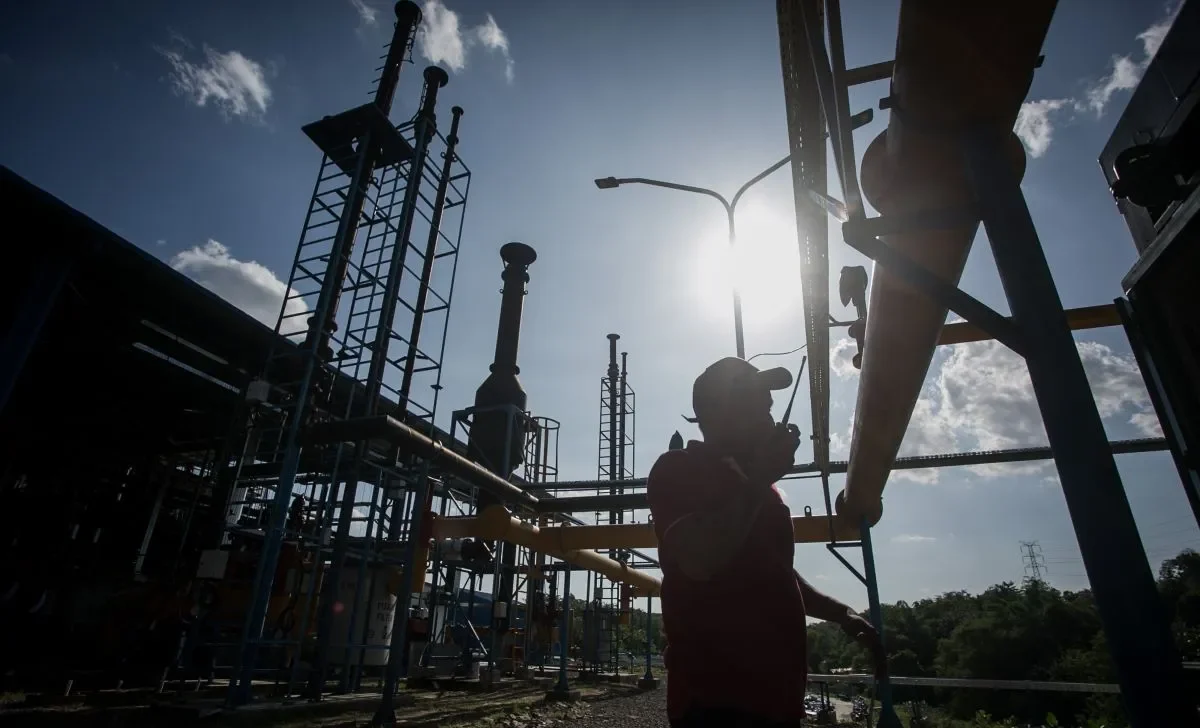Jakarta (WNAM MONITORING ): The Indonesian government is enhancing waste management infrastructure with the help of modern waste-to-energy technology, according to a minister.
“We must cooperate to address the waste problem from upstream to downstream,” said Coordinating Minister for Infrastructure and Regional Development Agus Harimurti Yudhoyono on Thursday.
He emphasized the importance of cross-sector cooperation in developing waste management infrastructure.
The government is encouraging improvements in waste management systems in large cities through the application of modern technology, such as waste-to-energy, Yudhoyono added.
He acknowledged that each city faces different challenges in terms of waste volume and type, and therefore, the infrastructure approach must be tailored accordingly.
“There is a scale we must carefully consider. Not all cities require this technology. But for a metropolitan city like Jakarta, which produces 8,000 tons of waste per day, we need greater capacity and improved technology,” he said.
Pandu Sjahrir, the chief investment officer of sovereign wealth fund Danantara, noted that the waste-to-energy business could yield a return on investment within five to six years.
Investors from Singapore, South Korea, Japan, China, and European countries have begun showing interest in this promising sector, he added.
Sjahrir said Indonesia welcomes not only investment but also technological development to address the waste problem.
He hopes that investors experienced in managing urban waste will bring their expertise to Indonesia.
To accelerate waste-to-energy development, the government plans to streamline the licensing process for converting waste into electricity, addressing a major hurdle for potential investors.
Additionally, the government is working to consolidate three existing presidential regulations into a single policy that supports waste-to-energy projects using environmentally-friendly technologies.
Under the revised scheme, the price for power generated from waste-to-energy plants will be set at 18–20 cents per kilowatt-hour (kWh), higher than the current tariff of 13.5 cents/kWh charged by state utility PLN for such projects.


